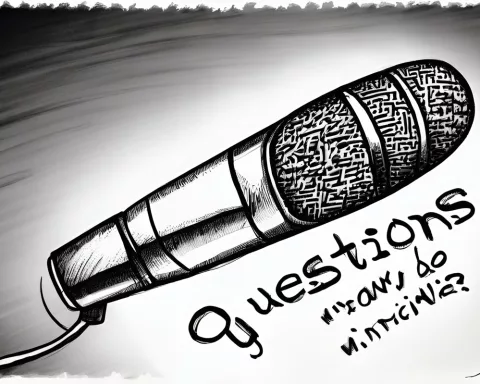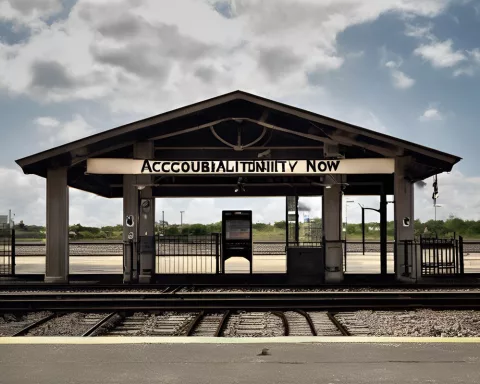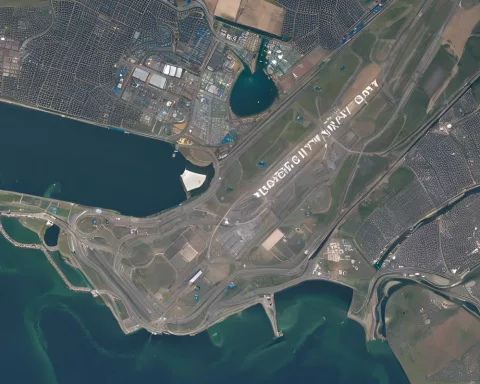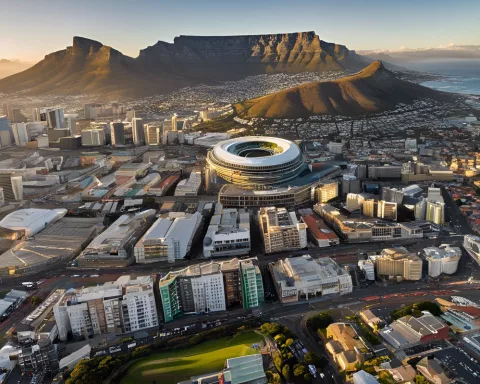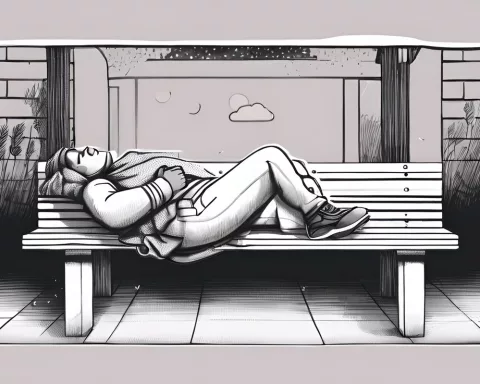Introduction
The recent claims made by former Eskom CEO, Andre de Ruyter, alleging the involvement of high-level politicians in corruption at the power utility have caused a stir in South Africa. However, de Ruyter declined to disclose any names during a hearing with Parliament’s Standing Committee on Public Accounts (SCOPA), citing legal advice and safety concerns.
De Ruyter’s Refusal to Name Politicians
De Ruyter submitted a written statement and presentation to the Committee, but he refused to divulge the names of the politicians allegedly involved in corruption at Eskom. When pushed for answers, he sometimes opted for obfuscation. For instance, when asked to define what a “senior ranking politician” was, he replied, “Here I will again stand by my submission, without casting any aspersions on yourself, you are probably a senior politician, so let’s leave it at that.”
Reasons for Not Naming Individuals
De Ruyter attributed his reluctance to reveal names to legal advice he had received and said naming individuals involved could affect ongoing investigations. He also indicated safety concerns. During the hearing, de Ruyter claimed that a “high-level” politician was involved in corruption at Eskom and that the power utility was a “feeding trough” for the African National Congress (ANC).
Committee’s Response
Despite de Ruyter’s submission, the Committee expressed frustration with his refusal to name the high-level politicians allegedly involved in corruption at Eskom. The Committee Chairperson remarked that they were still at square one, and the questions they had had not been answered. SCOPA members offered de Ruyter Parliamentary immunity, but he still refused to name the politicians.
Implications and Future Developments
De Ruyter’s refusal to name the politicians involved in corruption at Eskom has left many frustrated, wondering about the extent of corruption within the utility and the ANC. As investigations continue, it remains to be seen whether these allegations will be substantiated, and whether those involved will be held accountable. The allegations of corruption within Eskom have long plagued South Africa, and the allegations of high-level political involvement will only add to the concerns. The country will be watching to see how this situation unfolds and whether transparency and accountability are upheld.




